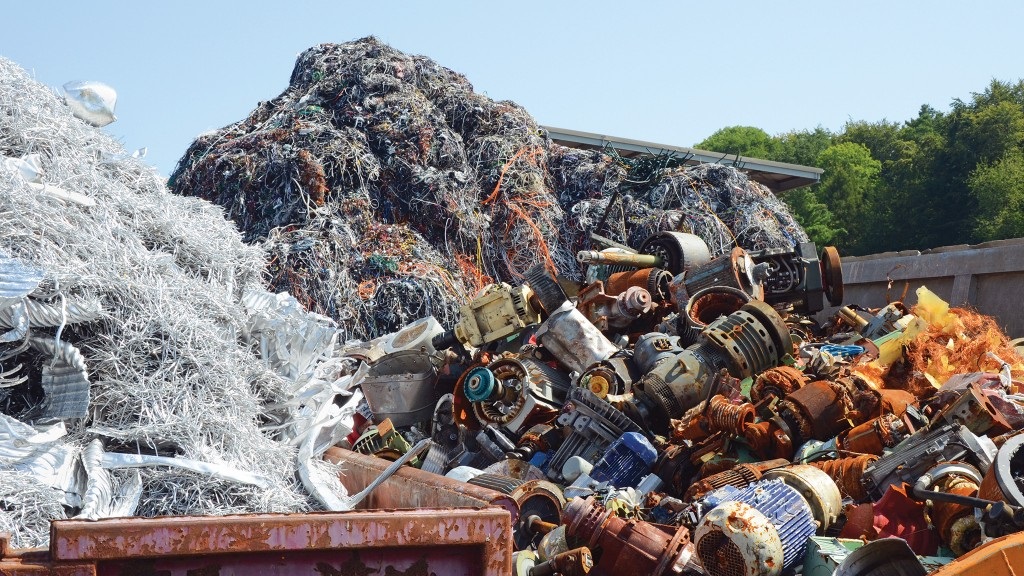In bustling Singapore, metal recycling has emerged as an essential industry. It contributes significantly to the city-state’s environmental sustainability efforts, while also providing numerous economic benefits. This article delves into the intricacies of the metal recycling scene in Singapore, outlining its importance, operations, and prospects.
Metal recycling is a process that involves the collection, trading, and recycling of various grades of scrap metal. The types of metals commonly recycled include copper, aluminium, brass, stainless steel, and more. These materials can be found in everyday items like cans, wires, cables, and even large structures such as vehicles and buildings.
This industry plays a crucial role in protecting the environment. Metals are finite resources extracted through mining, a process that causes land degradation and water pollution. By recycling metals, we can significantly reduce the need for new mining projects, thus preserving natural habitats and minimizing environmental harm. Moreover, metal recycling uses less energy compared to extracting metals from ores, leading to lower greenhouse gas emissions.
The economic benefits of metal recycling should not be overlooked. Scrap metal is often seen as a valuable commodity in the global market. The trading of these materials generates income and creates job opportunities, contributing to Singapore’s economy.
Several companies across Singapore specialize in metal recycling. Their primary activities involve collecting scrap metal from various sources, sorting and cleaning the materials, and then processing them for reuse. Some companies also offer waste management services, further enhancing their environmental contributions.
However, metal recycling is not without its challenges. Contamination is a significant issue, as mixed or dirty scrap can hinder the recycling process. Therefore, rigorous sorting and cleaning processes are often required, adding to operational costs. Additionally, raising public awareness about the importance of metal recycling remains a challenge. While strides have been made, there is still room for improvement in encouraging individuals and businesses to recycle their scrap metal responsibly.
Looking forward, the future of metal recycling in Singapore appears promising. With continuous advancements in technology, supportive government policies, and growing public awareness about environmental sustainability, the industry is poised for further growth. Companies are continuously innovating their recycling methods to improve efficiency and effectiveness, while various initiatives are being rolled out to promote recycling among the public.
In conclusion, metal recycling is a vital industry in Singapore, playing a significant role in the city-state’s sustainability efforts. Its environmental and economic benefits make it an integral part of Singapore’s waste management framework. As the nation continues to strive towards a greener future, the metal recycling industry will undoubtedly remain at the forefront of these efforts.

